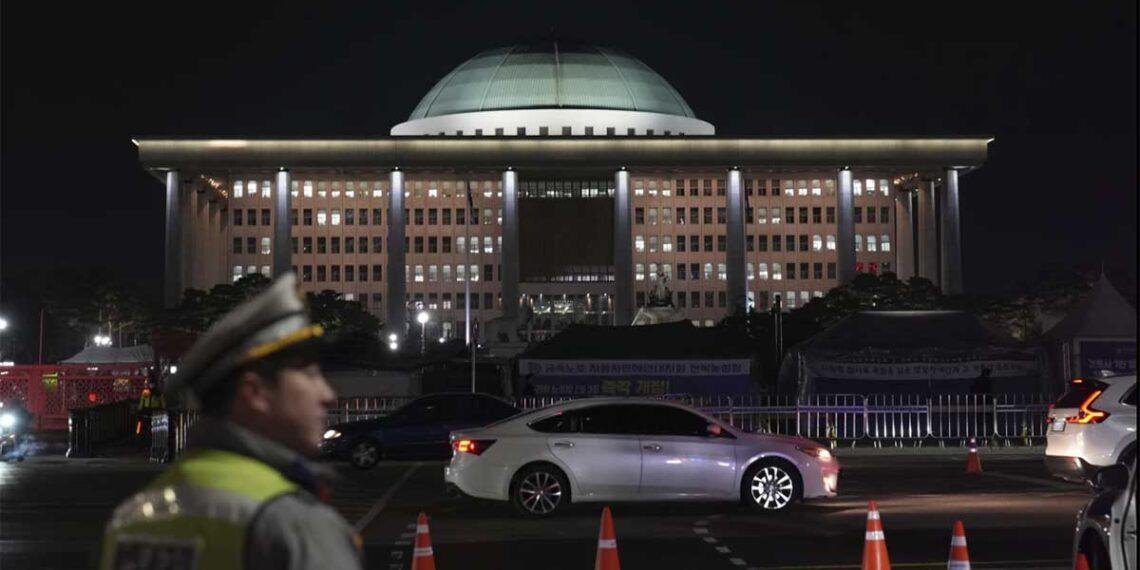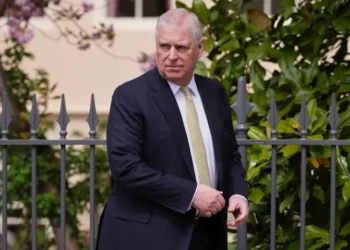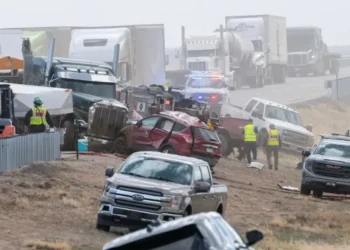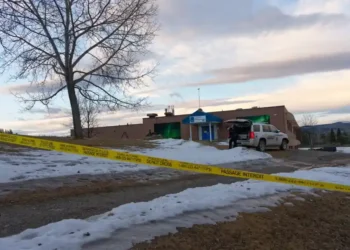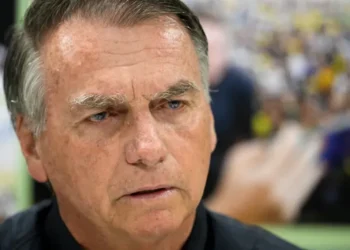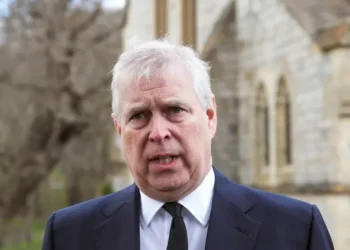South Korea’s Political Crisis: Top Police Chiefs Detained Over Martial Law Enforcement
SEOUL, South Korea (AP) — South Korea faces deepening political turmoil as its two highest-ranking police officials have been detained for their roles in enforcing President Yoon Suk Yeol’s contentious martial law declaration. The dramatic events have triggered a national reckoning, with implications for South Korea’s democracy, military, and political stability.
A Nation in Crisis
President Yoon Suk Yeol’s sudden announcement of martial law on December 3 stunned the nation. The move aimed to suppress perceived threats from liberal opposition lawmakers but quickly spiraled into a national crisis. Although the National Assembly overturned the decree just hours after its enactment, the fallout has paralyzed South Korea’s political landscape and drawn international scrutiny.
Police Chiefs and Military Leaders Under Arrest
On Wednesday, police confirmed the detention of National Police Agency Commissioner General Cho Ji Ho and Seoul Metropolitan Police Chief Kim Bong-sik. They are accused of deploying forces to obstruct lawmakers from entering the National Assembly to vote on overturning the martial law order.
Former Defense Minister Kim Yong Hyun was also arrested earlier this week, marking the first high-profile detention linked to the declaration. Kim is accused of orchestrating the deployment of heavily armed troops to encircle the parliament.
During a parliamentary hearing, Army Special Warfare Commander Kwak Jong-keun revealed he had received direct orders from Kim to block lawmakers’ access to the chamber. Kwak testified that President Yoon himself later instructed him to forcibly remove lawmakers, a directive Kwak ultimately refused to execute.
A Defiance of Democratic Principles
Opposition leaders and legal experts argue that Yoon’s martial law declaration violated constitutional provisions. Under South Korean law, martial law can only be declared in cases of war, armed rebellion, or comparable national emergencies. Critics assert that deploying troops to suppress political activity in parliament amounts to rebellion.
Senior military and intelligence officials have corroborated claims of attempts to use martial law to detain opposition figures. Testimonies revealed that preparations were allegedly underway to secure detention spaces for political rivals, further intensifying accusations against Yoon’s administration.
Political Fallout and Potential Impeachment
The liberal Democratic Party has vowed to impeach Yoon, with a second motion expected to be voted on this Saturday. If passed, Yoon’s presidential powers would be suspended until the Constitutional Court decides his fate. Removal from office would necessitate an early presidential election.
Yoon’s conservative allies have proposed a transitional arrangement to stabilize governance, but these plans face widespread criticism as unconstitutional. The constitution explicitly states that impeachment is the only legal mechanism to suspend presidential authority.
North Korea’s Response
The political unrest has even drawn commentary from North Korea. Pyongyang’s state media labeled Yoon a “traitor” and his military “gangsters,” reflecting its interest in exploiting the turmoil for propaganda purposes. Experts warn that such narratives may heighten tensions on the Korean Peninsula.
A Fractured Presidency
Since assuming office in 2022, Yoon has clashed with opposition lawmakers, accusing them of undermining the nation’s stability. His martial law declaration cited a need to eliminate “anti-state forces,” a reference to his liberal rivals. However, the backlash has severely weakened his presidency, casting doubt on his ability to complete his five-year term.
The unfolding crisis serves as a critical test for South Korea’s democracy, highlighting the delicate balance between presidential authority and constitutional safeguards. As investigations deepen and the impeachment motion looms, the nation watches closely, uncertain of what lies ahead.
This article was rewritten by JournosNews.com based on verified reporting from trusted sources. The content has been independently reviewed, fact-checked, and edited for accuracy, neutrality, tone, and global readability in accordance with Google News and AdSense standards.
All opinions, quotes, or statements from contributors, experts, or sourced organizations do not necessarily reflect the views of JournosNews.com. JournosNews.com maintains full editorial independence from any external funders, sponsors, or organizations.
Stay informed with JournosNews.com — your trusted source for verified global reporting and in-depth analysis. Follow us on Google News, BlueSky, and X for real-time updates.
